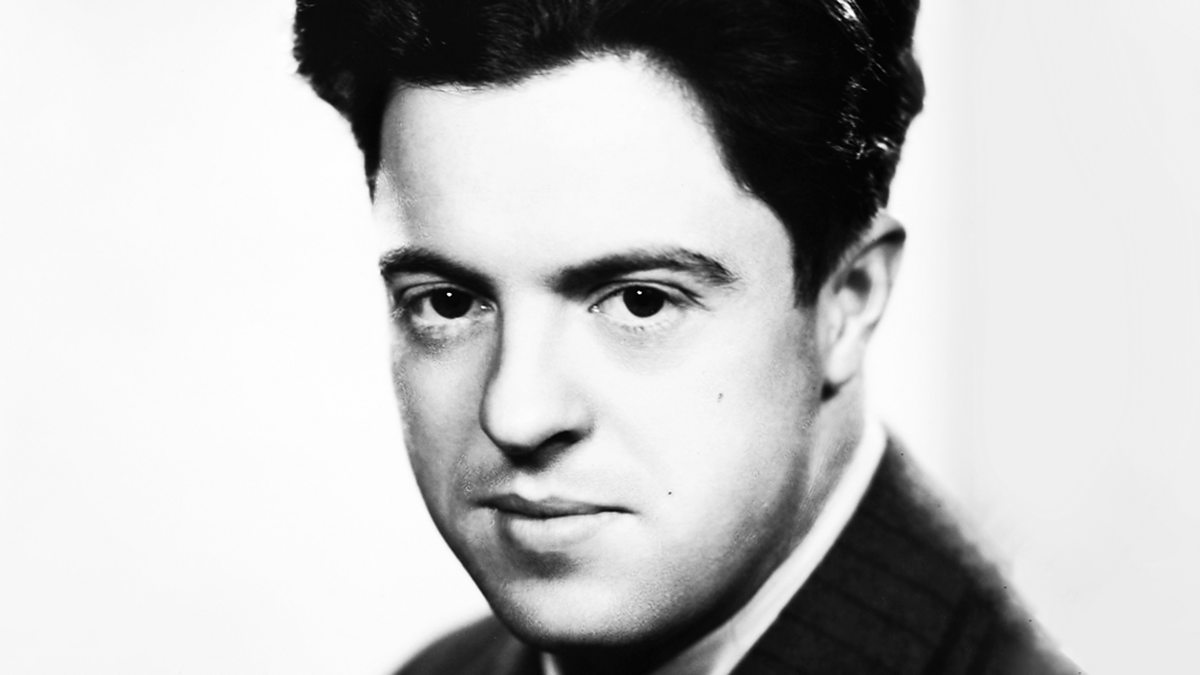On 8 July Ian Skelly had as his slow moment on Essential Classics the 2nd movement of Lloyd’s 4th Symphony ...... conducted by the composer ....
In his preamble IS mentioned this article which I had not come across before ..... https://catholicherald.co.uk/george-...healing-music/
In his preamble IS mentioned this article which I had not come across before ..... https://catholicherald.co.uk/george-...healing-music/





Comment